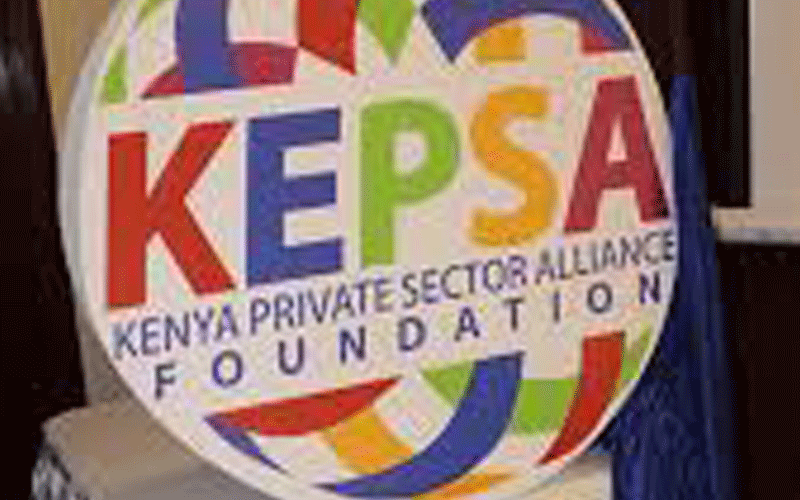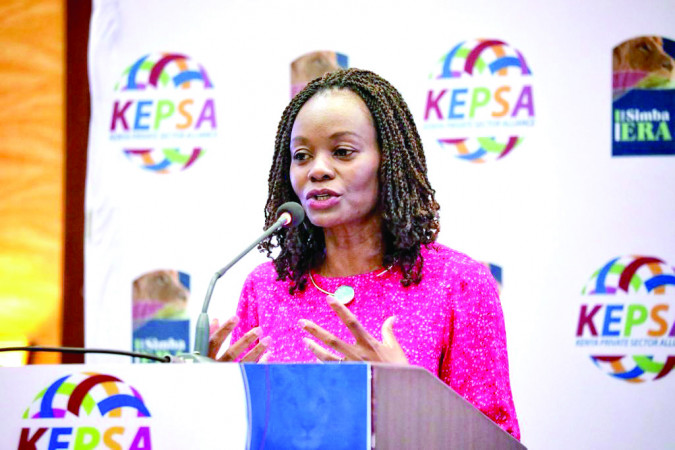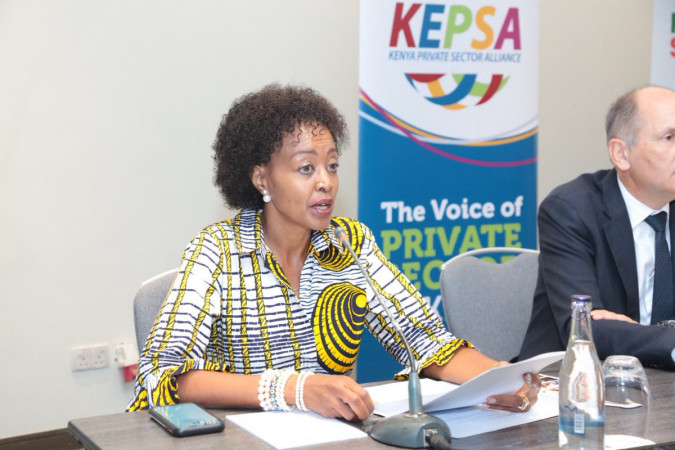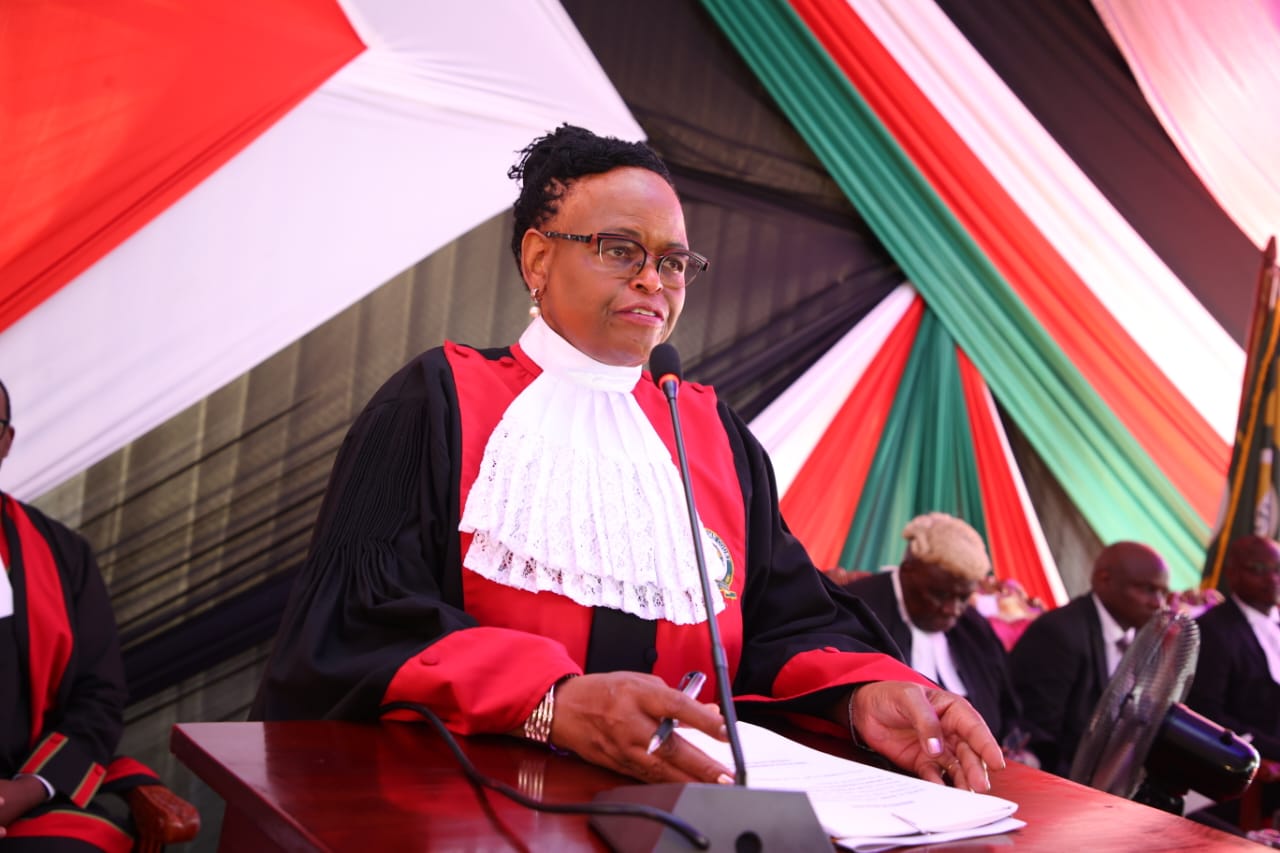Private sector urged to hasten transition to circular economy

Steve Umidha @UmidhaSteve
Private sector players have been urged to embrace sustainable business practices to help build a resilient economy and mitigate climate change.
Karin Boomsma, director of Sustainable Inclusive Business, an arm of Kenya Private Sector Alliance (Kepsa) believes such a move will help the country realise its growth potential, currently hampered by the coronavirus pandemic.
She said the mission of building a resilient economy is achievable if Kepsa members adopt circular economy concept that allows goods to be designed and produced for extended use, disassembly, reuse and recycling from the outset.
“Now more than ever, we must address the global challenges posed by the current linear economy.
This will reduce pressure on natural resources and will create sustainable growth and green jobs,” said Boomsma.
In a new study titled, Kenya is in Transition to a Circular Economy, undertaken in partnership between Sustainable Inclusive Business and TheRockGroup, Kepsa says uptake of circular economy cannot be overemphasised, especially in waste management and capacity to recycle waste.
Kenya’s economy is projected to grow at 6.9 per cent in 2021, according to estimates by the World Bank which is lower than the previous estimations.
Demand and supply fluctuations have been experienced and have caused a slowing of economic activity by 0.3 per cent of the real gross domestic product (GDP) in 2020. Key sectors such as manufacturing, tourism and education, have been severely impacted.
But actions such as waste management, are felt would go a long way to repair the wounded manufacturing sector and in turn help restore investor confidence for financiers keen to invest in a circular economy.
Natural resources
A circular economy is a system based on economic and industrial concepts that advocates reusing of products and raw materials so as to maximise the restorative capacity of natural resources.
The concept attempts to minimise value destruction in the overall system and to maximise value creation in each link in the system.
The main benefit of this kind of economy is the reduction of environmental pressure through minimising emissions of harmful products such as carbon dioxide, nitrogen oxides, and methane among others thus resulting in a cleaner world without rising temperatures and other corresponding negative consequences.
Currently, most circular solutions are inspired by the waste management situation, the report shows.
“The focus needs to shift from solving ‘waste’ problems to redesigning, innovating, and investing,” notes the report released last week.
Although transition to a circular economy is no longer a strange concept in Kenya, the country still has a lot to do in terms of policy priorities as well as a review of budgets to support the gradual transition to a circular economy, according to the report.















